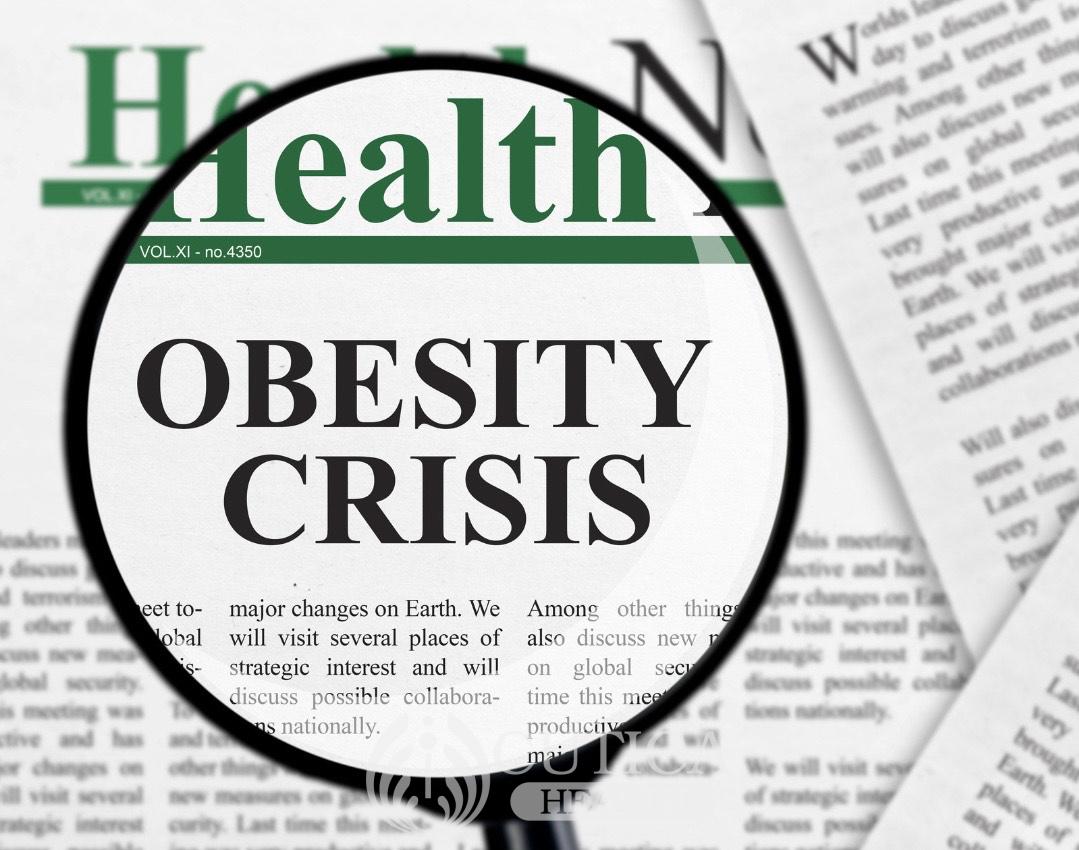
Emeka had just left a party where he binge drank with a couple of his long-time friends. He seemed to have had too much to drink but he told his friends he could drive home safely since he was “an alcohol pro”. Soon enough, he became confused, disoriented, and groggy. Emeka still struggled to reach his car at the parking lot, wobbling between bouts of vomiting. At a point, he felt his heart racing fast. Just before he could get to his car, he slumped and passed out.
The following morning, Emeka found himself in a hospital bed. He had been brought in by the bar’s management after security found him lying unconscious beside his car.
“You had alcohol poisoning,” the doctor told him. “The alcohol in your blood got to a dangerous level, crashed your blood sugar, and stressed your heart,” the doctor added.
Emeka confided in the doctor that he was a heavy drinker, who had gotten into trouble several times at his workplace and has had trouble keeping a steady relationship. He felt he was losing his life to alcohol, and thought he had to make a change now for the better. After two days of treatment in the hospital, Emeka was sent home and referred to see an addiction specialist .

Alcohol Poisoning
Alcohol poisoning is just one of the many adverse health effects of heavy alcohol consumption. As in Emeka’s case, drinking more than five alcoholic drinks within a few hours can be too much for the body to handle. This leaves large amounts of alcohol in the bloodstream, which causes several complications including seizures, irregular heartbeat, severe dehydration, low blood sugar levels, and sometimes brain damage, coma, and death.
In the long-term, alcohol builds up in the tissues and organs, releasing free radicals and other toxic substances that cause damage over time. Some of these long-term health risks include:
Liver Damage
One of the liver’s jobs is to break down alcohol so it can be flushed out of the body. But when you drink too much too fast, your liver may not keep up. When this happens, alcohol kills the liver cells, leading to scarring called cirrhosis. A few years down the road, this may lead to cancerous changes in the liver. Heavy alcohol consumption is one of the major risk factors for liver cancer.

Heart Disease
Heavy alcohol consumption puts you at risk of high blood pressure, heart attack, and stroke. Alcohol releases toxins (poisonous chemicals) that promote build-up of cholesterol plaques and clots, and damage to blood vessels. These put you at risk of developing and dying from heart disease.
Brain Problems
Continuous damage of brain cells by alcohol and its breakdown products leads to long-term brain problems including poor memory. Prolonged alcohol use also leads to an irreversible brain disease called Kosakoff’s psychosis, which causes confusion, memory loss, and hallucinations.
Cancer
Alcohol increases your risk of many cancers, including cancers of the mouth and throat, larynx, esophagus, colon, breast, and liver. The more you drink, the more your chances of getting any of these cancers.

How much is Too Much?
Though many experts say there is no safe level of alcohol intake, the key to preventing these health problems is to drink in moderation if you choose to drink alcohol. Up to 1 drink per day is enough for women and up to 2 drinks per day for men. Consuming more than 7 drinks per week for women or more than 15 drinks per week for men is considered heavy, and puts you at risk of these diseases.












